Tum Mujhe Yun Bhoola Na Paaoge – Hasrat Jaipuri
- Siraj Sayyad
Hasrat Jaipuri: 21st Death Anniversary – 15 April 1922 – 17 September 1999
On my invitation, Kishwar Jaipuri, daughter of Hasrat Jaipuri, has penned a heartfelt tribute Tum Mujhe Yun Bhoola Na Paaoge.
“My heartfelt tributes to my darling Dad Dr. Hasrat Jaipuri Saab. “Kaun kehta hai key mar gaya Hasrat, Main ye kehti hoon ke ghar gaya Hasrat”
My heartfelt couplet was written by me for my dad who was my universe for me, and A very, very loving and doting father and a great family man who undertook the responsibilities of his family till his last breath. I would like to narrate a small soulful incident about how dad got the golden opportunity to write Sun Sahiba sun, for Ram Teri Ganga Maili’. Dad was challenged by a young music director who told dad… Ab aap buddhey ho chukey hain, romantic gaaney naheen likh saktey… Dad was terribly upset and went straight to RK studios, to his mentor, Raj Saab, and told him the whole story, requesting him to let him write only one song in the film. Raj Saab agreed and Dad penned this beautiful iconic, romantic song which brought him back into the limelight. I too assisted dad by giving him the rhyming qaafiyas, like chun, dhun, etc., as I was a keen student of shairi (we would often critically analyze his songs), and I was given a prize of five thousand rupees by Dad, as my inaam.
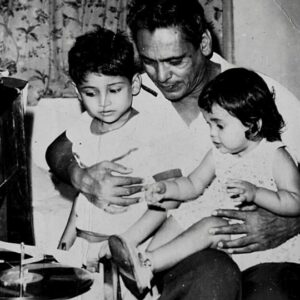 Dad was never a poet or lyricist at home, but a very genuine and humble person, who had a heart full of pity for everyone around him. Being his only laadli beti, I was pampered the most at home so much so that if I called day as night and night as day, Dad would agree and say… yes beta tum bilkul theek keh rahi ho.
Dad was never a poet or lyricist at home, but a very genuine and humble person, who had a heart full of pity for everyone around him. Being his only laadli beti, I was pampered the most at home so much so that if I called day as night and night as day, Dad would agree and say… yes beta tum bilkul theek keh rahi ho.
When I visited India in 1999, with a 3 months visa, dad was ill and had become very weak. When I landed in India, Dad saw me and there were sparks of happiness on his face. But sadly, when I was leaving for the airport, after 3 months, dad cried bitterly, sobbing like a child, he said… Beta ye tumhari aur meri aaqhri mulaqaat hai… yes it was the last meeting of me and my Dad in life.
Today, if the Almighty would give me a wish, I would beg God to send my dad back to earth, just for a day. Dad, after losing you, I have lost myself too, and, I can’t express the pain I am still undergoing after these long years of your passing away. Rest in eternal peace Dad, and we will be united once again, in heaven.
– Kishwar Jaipuri.”
Hasrat Jaipuri was born Iqbal Husain in Jaipur, where he studied English till medium level, and then acquired his Taaleem (education) in Urdu and Persian from his maternal grandfather, the poet Fida Husain ‘Fida’. His grandmother was a reputed singer, Firdausi Begum. He began writing verses when he was around twenty years old. At just about the same time, he fell in love with a neighborhood girl, named Radha. Hasrat talked about a love letter he wrote to this girl, in an interview, later in his life, that love knows no religion. Hasrat Jaipuri was quoted as saying, “It is not at all necessary that a Muslim boy must fall in love only with a Muslim girl. My love was silent, but I wrote a poem for her, ‘Yeh Mera prem patra padh kar,” It is not known for sure whether the love letter was actually delivered to Radha. But veteran film producer Raj Kapoor liked it enough to include it in his Sangam (1964 Hindi film) and the song ended up becoming a top hit song in India.
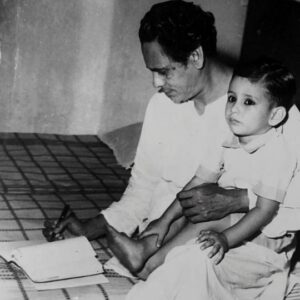 In 1940, Jaipuri came to Bombay (now Mumbai) and started working as a bus conductor, earning a monthly salary of eleven rupees. He used to participate in mushairas. At a mushaira, Prithviraj Kapoor noticed Jaipuri and recommended him to his son, Raj Kapoor. Raj Kapoor was planning a musical love story, Barsaat (1949) with Shankar-Jaikishan. Jaipuri wrote his first recorded song, Jiya Beqaraar Hai for the film. His second song (and first duet) was “Chhod Gaye Baalam”.
In 1940, Jaipuri came to Bombay (now Mumbai) and started working as a bus conductor, earning a monthly salary of eleven rupees. He used to participate in mushairas. At a mushaira, Prithviraj Kapoor noticed Jaipuri and recommended him to his son, Raj Kapoor. Raj Kapoor was planning a musical love story, Barsaat (1949) with Shankar-Jaikishan. Jaipuri wrote his first recorded song, Jiya Beqaraar Hai for the film. His second song (and first duet) was “Chhod Gaye Baalam”.
Hasrat Jaipuri wrote lyrics for all Raj Kapoor films, till 1971. When fellow lyricist Shailendra turned producer, with Teesri Kasam, he invited Jaipuri to write some of the songs for the movie. Hasrat Jaipuri also wrote the screenplay for producer K. Asif’s movie Hulchul (1951), a film completed against all odds, the only such example of Hasrat’s scripting skills.
After the death of Jaikishan and the failures of ‘Mera Naam Joker’ and ‘Kal Aaj Aur Kal’, however, Raj Kapoor turned to other lyricists and music directors. Many, many years later, Raj Kapoor wanted to call him back for his under-production movie ‘Prem Rog’, but later settled for another lyricist, Amir Qazalbash.
Non-film Poetry: Jaipuri has written several books of poetry, in Urdu. They include Abshaar-e-Ghazal (compilation)
Hasrat Jaipuri invested his earnings in property, on his wife’s advice. Thanks to earnings from these properties, his financial condition was sound, and therefore he was able to survive financially even when he was shunned by Bombay’s movie industry later on in his career. He is survived by two sons and a daughter. His sister was married to Sardar Malik, the father of Anu Malik. Hasrat wrote several songs for Anu Malik.
Hasrat Jaipuri was equally popular as a poet and lyricist. He wrote several poems, which were later published in his books of poetry in Hindi and Urdu. It was these two languages that found predominant use in his writings. Hasrat Jaipuri felt that both the Hindi and Urdu languages complement each other and one is incomplete without the other. Hasrat Jaipuri thought of himself as a messenger whose main motive was to spread love through his work. All his writings reflected this sentiment of Hasrat Jaipuri. According to him, he was a ‘shayar’ who existed in the world to fill each empty space with love. He was deeply aware of the fact that he would die soon, therefore as long as he is in this world, he believed it was his duty to spread love and cheer all over.
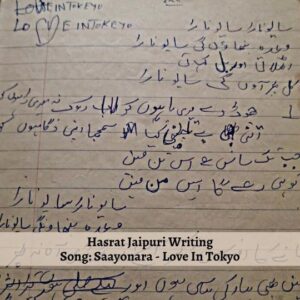 A poem
A poem
kahīñ woh aa ke mitā deñ na intizār kā lutf, kahīñ qubūl na ho jaaye iltizā merī
jab pyaar nahīñ hai to bhulā kyuuñ nahīñ dete, ḳhat kis liye rakkhe haiñ jalā kyuuñ nahīñ dete
ham raātoñ ko uth uth ke jin ke liye rote haiñ, wo ġair kī bāahoñ meñ āarām se sote haiñ
An anecdote, shared by music-director singer Shekhar Sen, shows the level of commitment Hasrat had towards his art. Sen had been retained to compose music for a small-budget film and invited Hasrat to write the lyrics. On the appointed day, when he was to submit the mukhda of the first song, Hasrat came and gave Shekhar a bunch of sheets of paper. Shekhar was confused. “Hasrat Saahab, I just wanted the mukhda today, why are you giving me so many sheets?” Replied Hasrat, “They are all mukhdas of the same song. You may choose the one you like.” Shekhar was surprised, “Hasrat Sahab, this is a small film and you will be paid peanuts. Why go to such lengths for just one mukhda?” Hasrat said something profound. “Shekhar, at my age you never know. This could be my last song. And if that happens, people will remember me by this song. I have tried to polish it as much as possible. The choice is yours.”


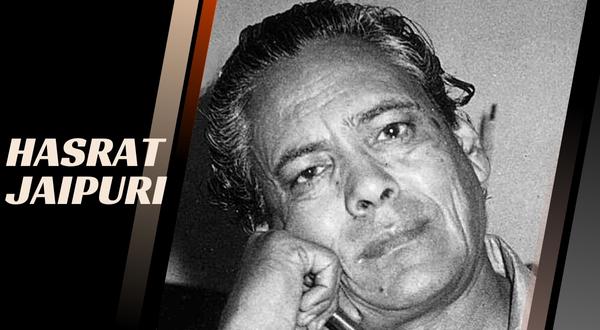
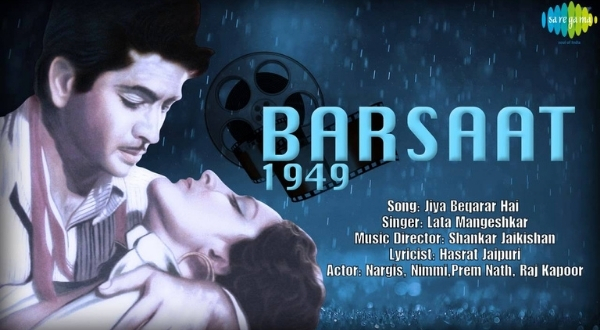
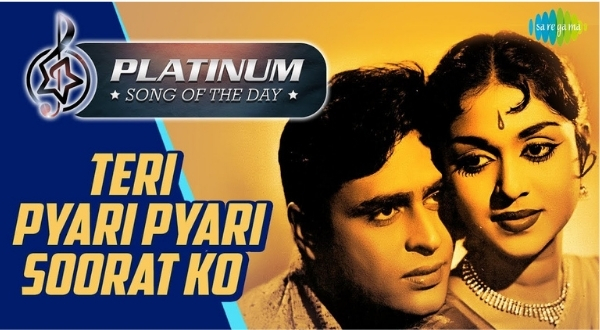
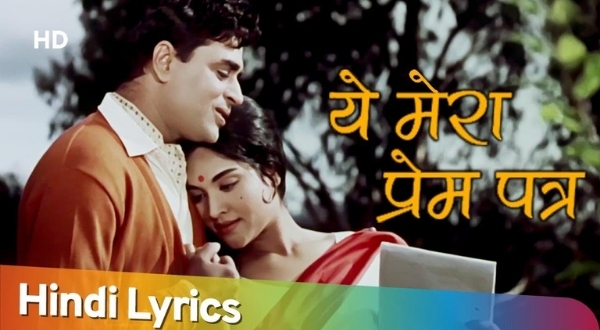
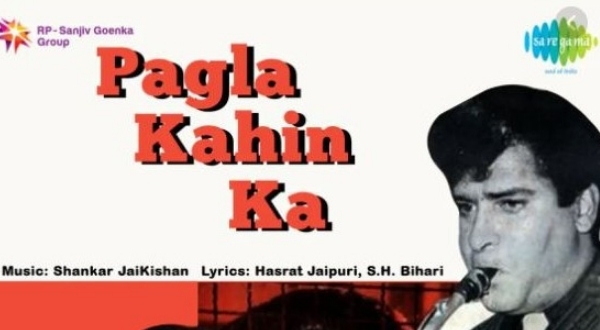
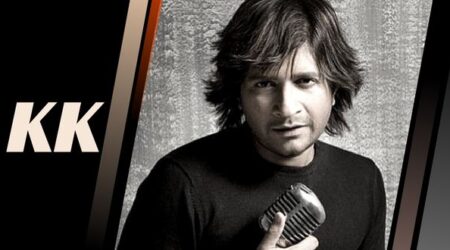
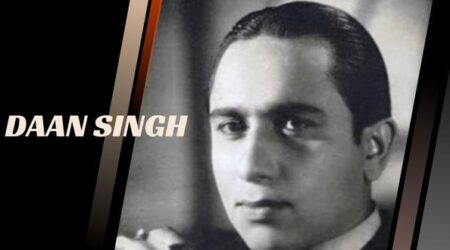
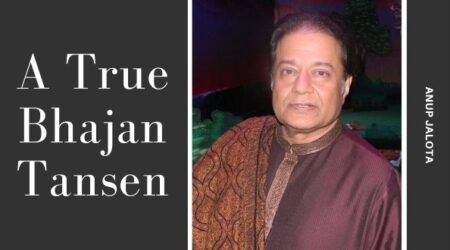
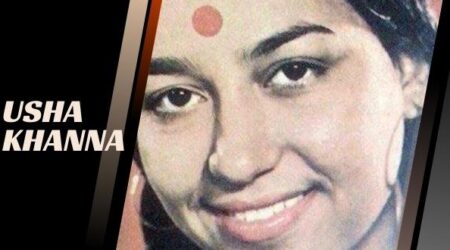
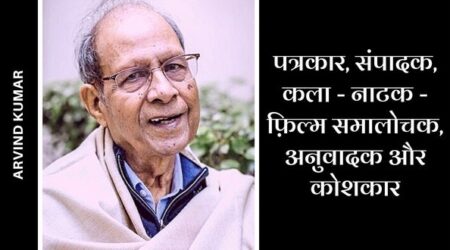
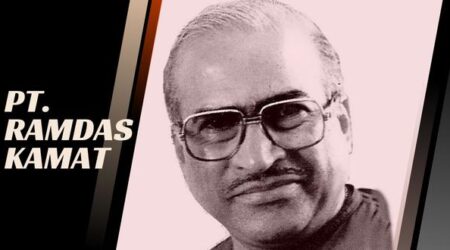
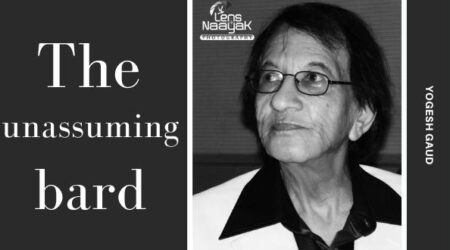
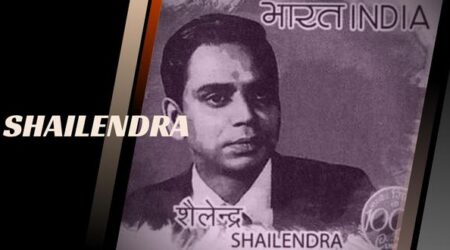
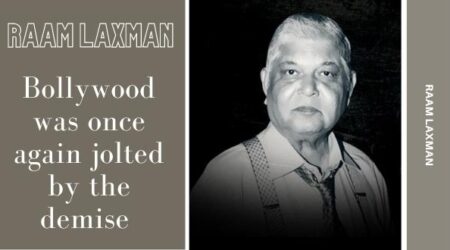
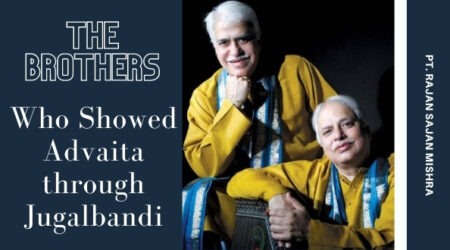

Comments (5)
यूँ तो गीतकार कई आए पर मिला नही फिर हसरत
शब्दों से दिलों में उतर जाना बस इनकी थी फितरत
दिनेश जी ने पेश की हैं किश्वर जी की यादें मधुर
खज़ाना खोल कर रख दिया, ऐसे अंश पढ़िएगा जरूर
Wonderful information about Hasarat Jaypuri ji.
I am very fortunate he has written three songs in my Album ‘Tribute to Mukesh.’
I am looking forward to share my memories.
कितनी अच्छी जानकारी मिल गयी है,
सल्युट हसरत जयपुरी जी को
वाहवा, ग्रेट
Aapne khoone dil se apni Kalam ko rangnewale lekhakh ko mera pranam
?